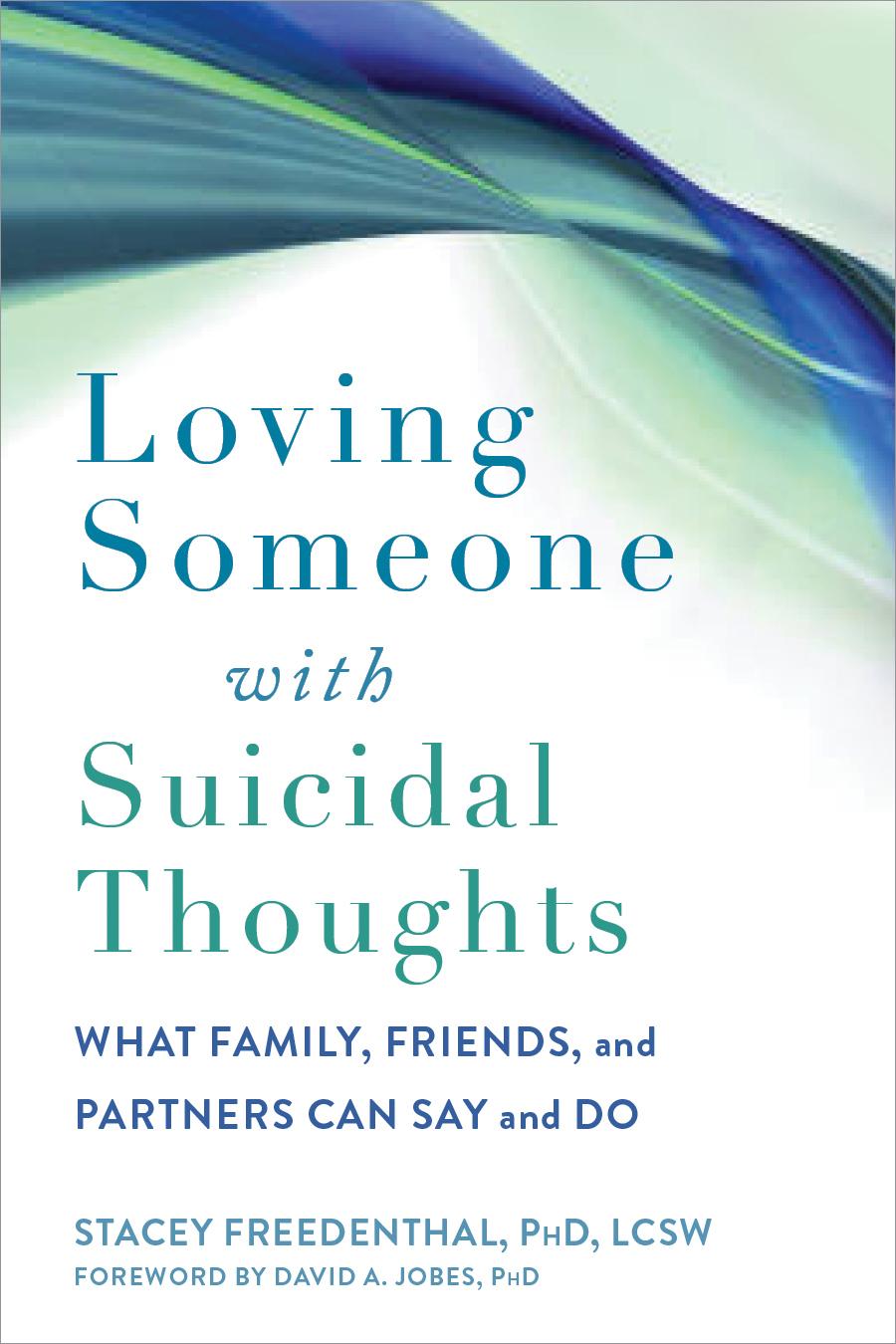
People often ask me how I manage to study, teach, treat, talk, and write about suicidality nearly every day, without despair or hopelessness crippling me. In case it’s helpful to you, here’s self-care advice I put together, based on my own experiences.
Talk about your stressful work. Write about it. Express it.

Of course, all information that a therapy clients shares with you is confidential, unless some limited disclosure is necessary in an emergency. Your own feelings, however, aren’t confidential. You can discuss those feelings with a friend, partner, or professional without revealing anything about a client, their specific situation, or anything else they’ve told you.
Generously seek out therapy, supervision, and/or consultation.

Practice what we preach to others: When you need help, get it. Talk about your challenges and stress. And learn from other professionals what you can do better, to help both yourself and the client. Learning never ends.
Accept your limitations.

It’s natural to want to help the suicidal person as much as you can. It’s equally important not to sacrifice yourself professionally or personally to do so. As I discuss in this blog post, we’re limited in what we can do to prevent suicide. That doesn’t mean to give up, not try, or collude with the person’s hopelessness. Consider the case of lifeguards. They remain vigilant, stay in shape, and do their best, but they can’t control weather or waves.
Do everything you can, but know that you can’t do everything. You are human.
Find meaning in your work.

Whether you are religious, spiritual, or none of the above, it’s possible to find deeper meaning in one’s work with suicidal individuals. What makes the work meaningful for you?
Do what seems like fun.

Just as I advise my suicidal clients to seek out pleasurable activities, it’s important for you to do things that bring you pleasure or relaxation. What have you felt deprived of lately? What things did you use to do that brought you joy and that you no longer find yourself doing? What practices might you begin, such as meditation, yoga, or exercise, that can soothe both the body and the mind?
Give your brain a break.

In my suicide assessment classes, I build “brain breaks” into lectures and discussions. These usually are pictures of cats or dogs, but anything that brings you delight works. For my own distractions, I indulge in cat videos on YouTube, Etsy window-shopping, and browsing beautiful photos on Unsplash, like the one above.
Get a pet.
Especially a cat. A dog will do. But … CATS!

Aren’t they adorable?
Compartmentalize the best you can.

It can be hard to let go of clients’ suffering and problems. Try. Create a ritual that separates the end of your workday from the start of your transition home. This can involve saying goodbye to your office when you leave the building, listening to relaxing music on the way home from work, taking a shower or bath when you arrive home, making it a regular habit to have tea when you arrive home, meditating, and so on.
Focus on successes, however small.

Success with the people you help is not an all-or-nothing endeavor. If you consider only a full recovery to be a success, then you may feel that you are failing if the person still struggles. Focus on what the person is doing now that they weren’t doing previously. What have you done that has been helpful to the client? How has the person improved, even in small ways?
Maintain hope.

This one is especially important for people who work with suicidal clients: Remind yourself that most people who seriously consider suicide do not act on their suicidal thoughts, and most people who survive a suicide attempt do not go on to die by suicide. And remind yourself of the inherent rewards of working with suicidal individuals: There’s great potential for the person to change, grow, and heal. Your work can profoundly help someone at a time they need help the most.
Share Your Ideas
What do you do for self-care? What other ideas have you wanted to try? You can share by leaving a comment below.
©Stacey Freedenthal 2023. Top photo by Denise Jans on Unsplash.



Thank you for your insightful output! I will keep those in mind next time I feel burned out.